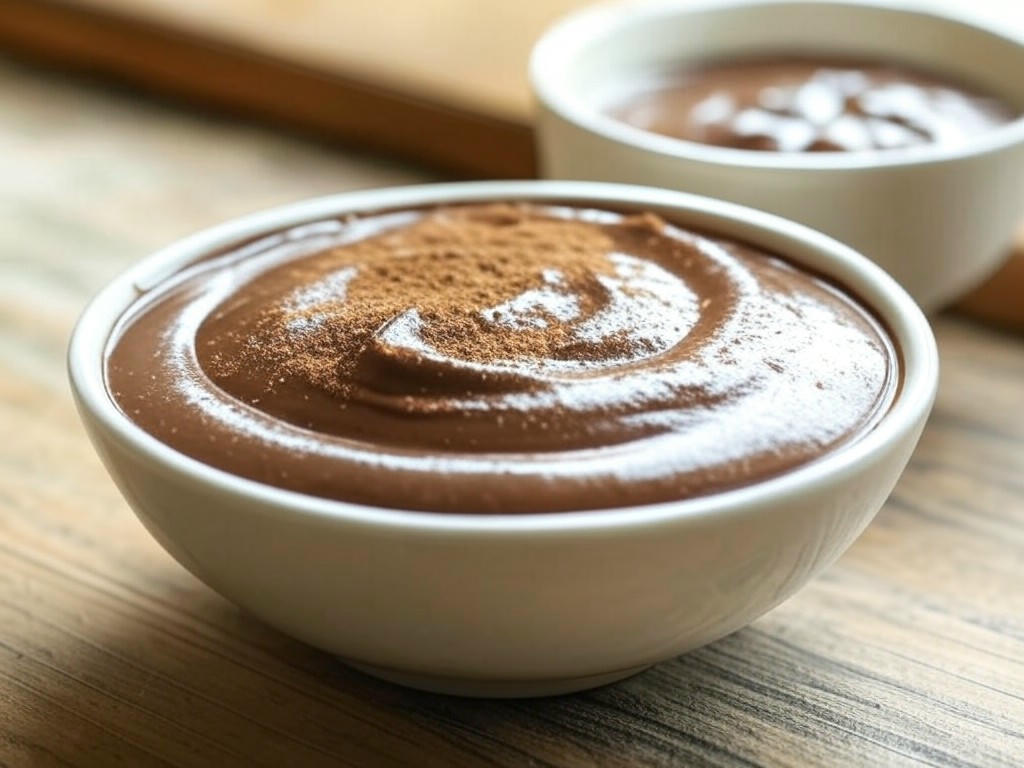Sweet Defense: How Dark Chocolate May Shield Your Brain from Dementia
In the quest for a healthier mind, a surprising ally has emerged from the dessert aisle: dark chocolate. This indulgent treat, often seen as a guilty pleasure, is gaining attention for its potential to support brain health and possibly reduce the risk of dementia. As researchers delve deeper into the connection between diet and cognitive function, dark chocolate stands out for its unique properties that could protect the brain over time.
At the heart of dark chocolate’s benefits lies its primary ingredient—cocoa. Rich in flavonoids, which are powerful antioxidants, cocoa has been linked to improved blood flow to the brain. This enhanced circulation is crucial because the brain relies on a steady supply of oxygen and nutrients to function optimally. Studies suggest that the antioxidants in cocoa may help combat oxidative stress, a process that damages cells and is thought to play a role in age-related cognitive decline. By neutralizing harmful free radicals, these compounds could slow down the wear and tear on brain cells, offering a protective effect against conditions like dementia.
Beyond antioxidants, dark chocolate may also influence mood and stress levels, which indirectly impact brain health. Consuming small amounts of this treat can stimulate the release of endorphins, the body’s natural ‘feel-good’ chemicals. Lower stress levels are associated with reduced inflammation in the body, including the brain, which is another factor in maintaining cognitive sharpness as we age. However, moderation is key. Experts recommend choosing dark chocolate with at least 70% cocoa content to maximize benefits while minimizing added sugars and fats that could counteract its positive effects. A small square or two a day is often suggested as a sensible portion.
It’s important to note that while the early research is promising, dark chocolate isn’t a magic bullet for preventing dementia. A balanced diet rich in fruits, vegetables, whole grains, and healthy fats, combined with regular physical activity and mental stimulation, remains the cornerstone of brain health. Incorporating dark chocolate as part of a mindful eating plan can be a delightful addition rather than a standalone solution. Consulting with a dietitian or healthcare provider can also help tailor dietary choices to individual needs, ensuring that treats like dark chocolate fit into a broader wellness strategy.
As science continues to explore the intricate links between what we eat and how our brains age, dark chocolate offers a glimmer of hope wrapped in a sweet package. It serves as a reminder that small, enjoyable choices can contribute to long-term well-being. So, the next time you reach for a piece of dark chocolate, savor it not just for its rich flavor but also for the potential it holds to nurture your mind. With every bite, you might just be taking a tiny step toward safeguarding your cognitive future.


